Scientizing human error. Pondering safer interfaces between humans and systems based on the examination and understanding of cognitive and behavioral traits.
The key to improving the safety of large-scale and complex systems lies in people.
Nuclear power plants, chemical plants, ironworks and smelters, aircrafts and others that involve large-scale and complex systems yield many benefits to society and daily life, but a serious accident in such systems may result in dire consequences and significant damage. Improvements have been made in hardware and techniques in order to enhance the safety and reliability and to ensure a sense of security in the society, resulting in the reduction of accidents of mechanical origin. On the other hand, additional burdens on on-site staff that did not exist before have been created, such as assessing the status of highly automated, high-tech apparatuses and complying with complicated procedures and rules. As long as there is human intervention of any kind, it is difficult to completely avoid human error. In light of this, it is crucial to have the mindset of "to err is human, (to forgive divine)."
Takahashi Laboratory advocates the improvement of safety based on the harmonization of humans, machines and the environment.
The core of our research is the examination and understanding of the human factor to be taken into account for the safe and efficient operation of large scale, complex systems, and we are involved in the research of a wide array of subjects not limited to nuclear energy systems but air traffic control operations, man-machine interfaces, cyber security, standardization of rules among others. The object of our research is the human. Incorporating neuroscience approach and knowledge, we probe into human cognitive and behavioral traits and reflect our findings back into our research with the cooperation of this university's Institute of Development, Aging and Cancer as well as practicing specialists and technical experts. Through our broad vision, flexible mindset and creativity, we pioneer interfaces between humans and systems where safety is ingrained.
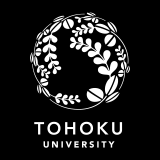

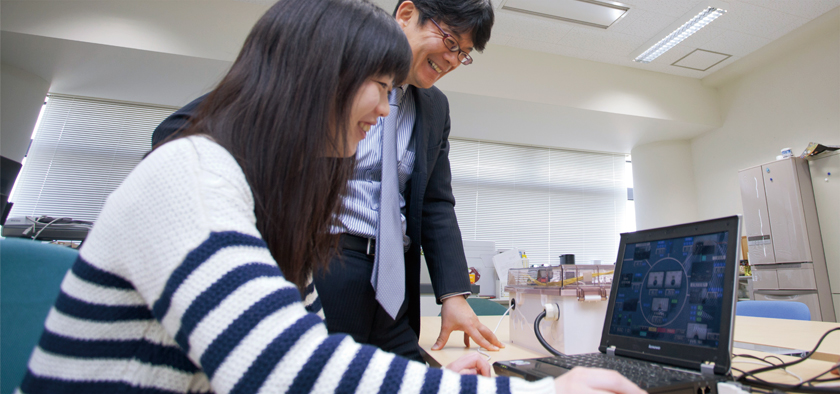
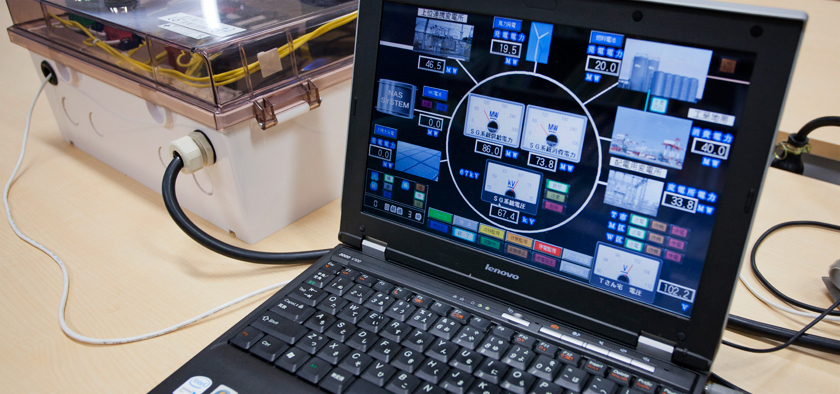

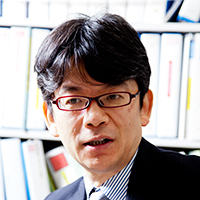 Professor
Professor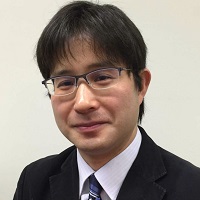 Associate Professor
Associate Professor